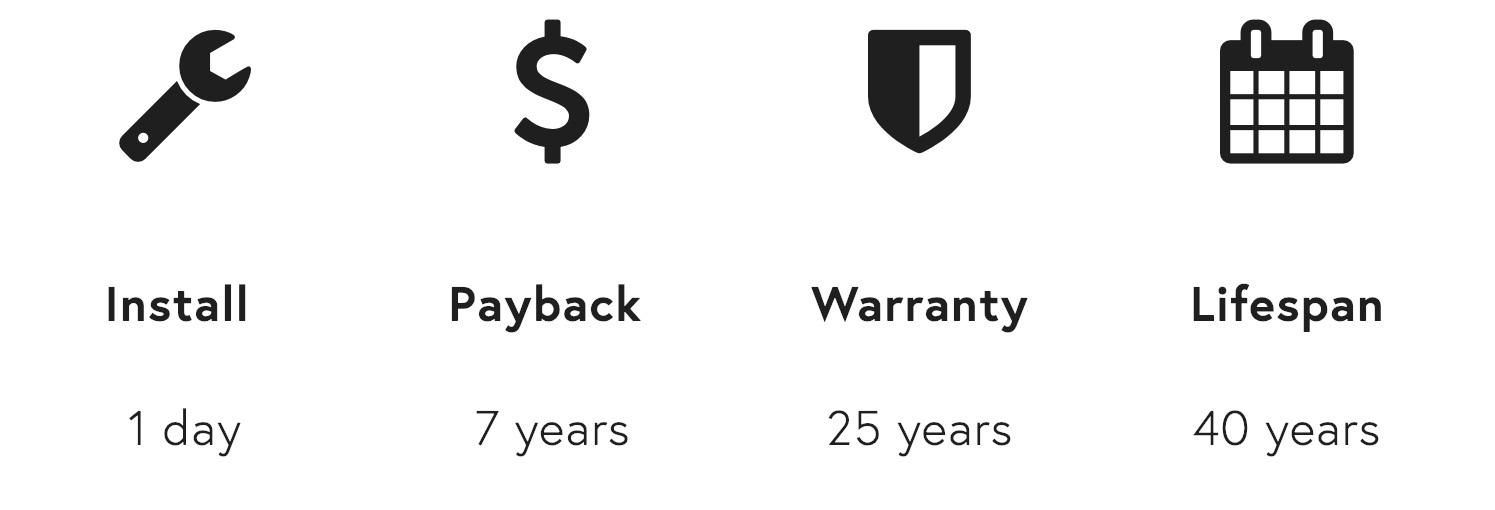Solar panels for homes in Florida
Planning a home solar electric system: why choose us?
PPM Solar has served Florida with a Solar and Electrical License for over a decade.
As your friendly local solar installer, we pride ourselves on our high-quality installations and our personable and reliable customer service.
PPM is one of the most reviewed solar companies in the country. With a 12-year track record of dedication to customer satisfaction and over 750 projects performed, our work speaks for itself.
Are solar panels in Florida worth it?
Installing solar panels on your home is no longer a matter of if, but when. There are many advantages to buying solar power systems for your home. Here are just a few:
Clean energy
The growing popularity of green energy has seen more people switching from conventional to solar power. By going solar, you can enjoy clean, limitless energy without any air or noise pollution. Even better - you will drastically reduce your carbon footprint, all while eliminating your utility bill.
Long-term savings
While the zeal for protecting the environment by switching to renewable energy is appealing, there’s even more reasons to go solar than going green. By switching to solar in Florida, you will benefit from long-term savings on your utility bills. As conventional electricity costs continue to rise, the price of solar continues to drop.
Those that don’t take advantage of the affordability of solar energy will end up paying more on their utility bill over time.
Additionally, investing in solar will qualify you for government incentives which can reduce a large chunk of the upfront cost of the installation. However, certain incentives won’t be around forever. Simply put: there has never been a better time to go solar.
An investment that pays for itself
If you choose to invest in solar, you can avoid the pinch of future electricity price hikes for the next 25 years or more.
While investing in something of this magnitude may seem daunting at first, with previously mentioned incentives and high-efficiency panels at all-time-low prices, going solar is more affordable now than ever before.
Not only will you see immediate savings on your electric bill, but once you go solar, your system will increase the value of your home.
Go solar in Florida and invest in a home improvement that will pay for itself.
Sustainable energy source
The sun is the most abundant source of renewable energy on Earth. By going solar, you are able to tap into a limitless supply of clean, sustainable energy to power your home. A common misconception with solar is that your system will only work on hot and sunny days.
While it’s no secret that areas with a lot of sun are great for solar, what many people don’t know is that cold weather can actually increase panel efficiency, so long as the panels avoid getting buried in snow. Either way, you can rest assured that your solar panels will produce electricity during all seasons of the year - rain or shine.
Energy independence
For those looking for total energy independence, the ultimate clean energy solution is a residential solar system complete with a battery backup.
There are a few options available for battery backup systems to pair with your solar array, but one of our personal favorites is the Tesla Powerwall. The Tesla Powerwall is a great option for anyone looking to invest in a battery backup system, as it will keep your home powered and running even during a power outage, without any interruption.
What to consider when intalling for solar panels for your home in Florida
The search for the right solar system for your home can be daunting, as there are many factors to consider.
From panel size to cell type, the amount of decisions the homeowner needs to make can seem overwhelming. Fortunately, we are here to show you that with the right information, the process can be very simple.
Here’s what you need to know to find the perfect solution for your power needs:
Solar panel sizes
One of the first things to know when looking for solar panels is that there are two main panel sizes that are typically used on residential solar systems: 60-cell and 72-cell panels.
Because of their compact size, 60-cell panels are the most commonly used for installations on residential homes and small commercial projects.
Due to the fact that houses in Florida typically have smaller roofs than commercial buildings, these panels enable home owners to get a high wattage system, despite potential space constraints.
On the other hand, for homes with ample roof space, 72-cell panels are a viable option. This panel size will often have a lower cost per watt compared to their 60-cell counterparts. Even though 72-cell solar panels are 12’’ longer, they are designed with the same width. Therefore, if you have a large roof, these panels are a good way to help you stretch your dollar further.
Cost per watt
One of the most significant metrics for comparing your solar panel options is cost per watt. This figure is crucial in helping you discover the affordability of a project.
Cost per watt is calculated by dividing the total cost of the system you are considering purchasing by the watt-capacity of the system. For example, a $25,000, 10 Kilowatt (kW) solar system costs $2.50/Watt ($25,000 / 10,000 Watts). *Note that 1 kW = 1000 Watts.*
If you choose to purchase products that have a low cost per watt, you will see more savings on the front end. However, higher cost per watt is often associated with higher efficiency panels.
The more efficient the solar panels, the less of them you have to buy. Keep in mind that the best option ultimately depends on the roof space available for the solar array. If you have ample roof space, lower efficiency panels may be a more economical solar choice.
Cell type
As you shop for panels you will have to choose between monocrystalline and polycrystalline panels. The former is typically (not always) more efficient than the latter, which is often the cheaper option.
The standard cell type for a home solar electric system today uses Mono PERC cell chemistry. This technology is suitable for a variety of solar applications.
Homeowners facing space constraints will get a better deal with Mono N-type chemistry cells which are sometimes more efficient than the P-type ones. For example, REC solar panels utilize N-type Monocrystalline cell, packing a 365+ Watts in a compact 60-cell sized module.
The total cost of your system ultimately depends on your home’s power needs. The more power you use, the bigger the system output must be to keep things running.
COsts of solar panels for home
In the US, the average cost per watt on a system is pegged between $2.50 and $3.30.
The cost of solar panels for homes in Florida varies by the size of the system. The larger the system, the better the economy of scale can be utilized (less soft/fixed costs per project).
Common brands offer their solar panels at a price ranging from $350 to $700 per panel itself. In addition to the price of solar panels for your home, you should also consider the cost of the inverters, solar mounting structure, wiring, conduit, switchgear, and other equipment.
Apart from the actual equipment, there are also labor and contracting costs involved in the installation. How much are you willing to pay a contractor to install the system for you properly?
Typically, such service on a residential property in Florida will range between $7,500 to $12,500 in labor and overhead costs alone. It is important to hire a contractor who follows the best practices, such as maintaining proper licensing, insurance, and creates a healthy and productive environment for their employees and the community.
Make the most of your budget with a durable and efficient solar system catered to your needs. An installation should be done by trusted professionals with proper training and experience.
We pride ourselves on consistently delivering a high level of professionalism time after time, for every system that we install at PPM Solar. You will get a great team of friendly experts at your disposal to install your residential solar system in just a day or so and reap the benefit of a lifetime of savings.
FAQ about solar systems for your home
How long do solar panels last?
On average, the designed lifespan of your residential solar system is around 30 years. The warranty is 25 years. This is how long the manufacturer can guarantee that they will run at maximum efficiency. However, that's not to say your system won't work well beyond the recommended service life. In fact, there are some solar home energy systems installed over 40 years ago that are still producing power today.
Are solar systems reliable?
Solar systems have advanced over the years to give users a reliable power source. You can install a solar panel system with battery backup to ensure you always have electricity, even in the case of a power outage. This setup will also provide you with enough energy to power your home on overcast or rainy days. If you are in a cold climate, you can still take advantage of solar energy, as cold weather increases solar panel efficiency, contrary to popular belief.
What to look for in an installer?
When searching for a solar installer, you should look for one that is licensed with a solid reputation and good reviews. While a quick online search may bring you plenty of budget-friendly options, you should resist the urge to just opt for the service provider that is nearest to you or the cheapest of the bunch. Instead, check out previous projects of each installer and see what previous clients have to say. Also, ensure that the installer provides quality hardware and uses products with a solid warranty. This will keep your solar installation operating trouble-free and with minimal maintenance.
You can contact us at PPM Solar for a professional installation on your residential property. We can have the installation done in just one or two days (typical), and assure that you receive the reliable and advanced technology that will be there for decades to come.
How much do residential solar systems cost?
Ultimately, the cost of your solar system will depend on its size, the type of equipment used, and the location. Other factors may include the roof type, the size of your home, the location of the electrical switchgear, and other compatibility features.
When you buy solar panels for your home, you can expect to pay anywhere from $300 to $700 per panel. The cost of installation will add around $7,500 to $12,500 on average.
Should I buy Monocrystalline or Polycrystalline panels?
While both monocrystalline and polycrystalline panels serve the same function (turning sunlight into energy), there are some key differences to be aware of. Because polycrystalline panels generally have lower efficiencies than their monocrystalline counterparts, they come at a cheaper price point. If you are on a more budget-oriented search, polycrystalline panels may be the more affordable choice. However, for buyers looking to maximize on the available roof space, monocrystalline panels are the best option, as they are very efficient, producing more power per square foot than polycrystalline panels.
What's the difference between high efficiency and low efficiency products?
High efficiency panels can convert more of the light they receive into electricity. Most available products today have an efficiency between 19% and 23%. Low efficiency panels will fall below this range, but can provide the required output if you use more of them.
High efficiency panels are good for maximizing roof space, whilst their low efficiency counterparts will do well for keeping costs low. However, solar systems are an investment, and if you do choose to go with higher efficiency panels, it will pay off in the long run by saving you more on your electricity bill.
Can I use 72-cell panels for my home?
Although 72-cell solar panels are more commonly used in commercial solar installations, they can be used for homes as well. Both 60-cell and 72-cell panels are suitable for residential solar installations. Your choice of solar panel size should be based on cost per watt, power consumption, and available space for the array. If you have little space but have high power consumption, buy 60-cell panels. If you have ample space, you may consider 72-cell panels.
How long do solar panels last?
On average, the designed lifespan of your residential solar system is around 30 years. The warranty is 25 years. This is how long the manufacturer can guarantee that they will run at maximum efficiency. However, that's not to say your system won't work well beyond the recommended service life. In fact, there are some solar home energy systems installed over 40 years ago that are still producing power today.
Why choose us?
Power Production Management has served Florida with a Solar and Electrical License for over a decade. As your friendly local solar installer, we pride ourselves on our high-quality installations and our personable and reliable customer service.
PPM is one of the most reviewed solar companies in the country. With a 12-year track record of dedication to customer satisfaction and over 750 projects performed, our work speaks for itself.
Our residential solar projects in Florida
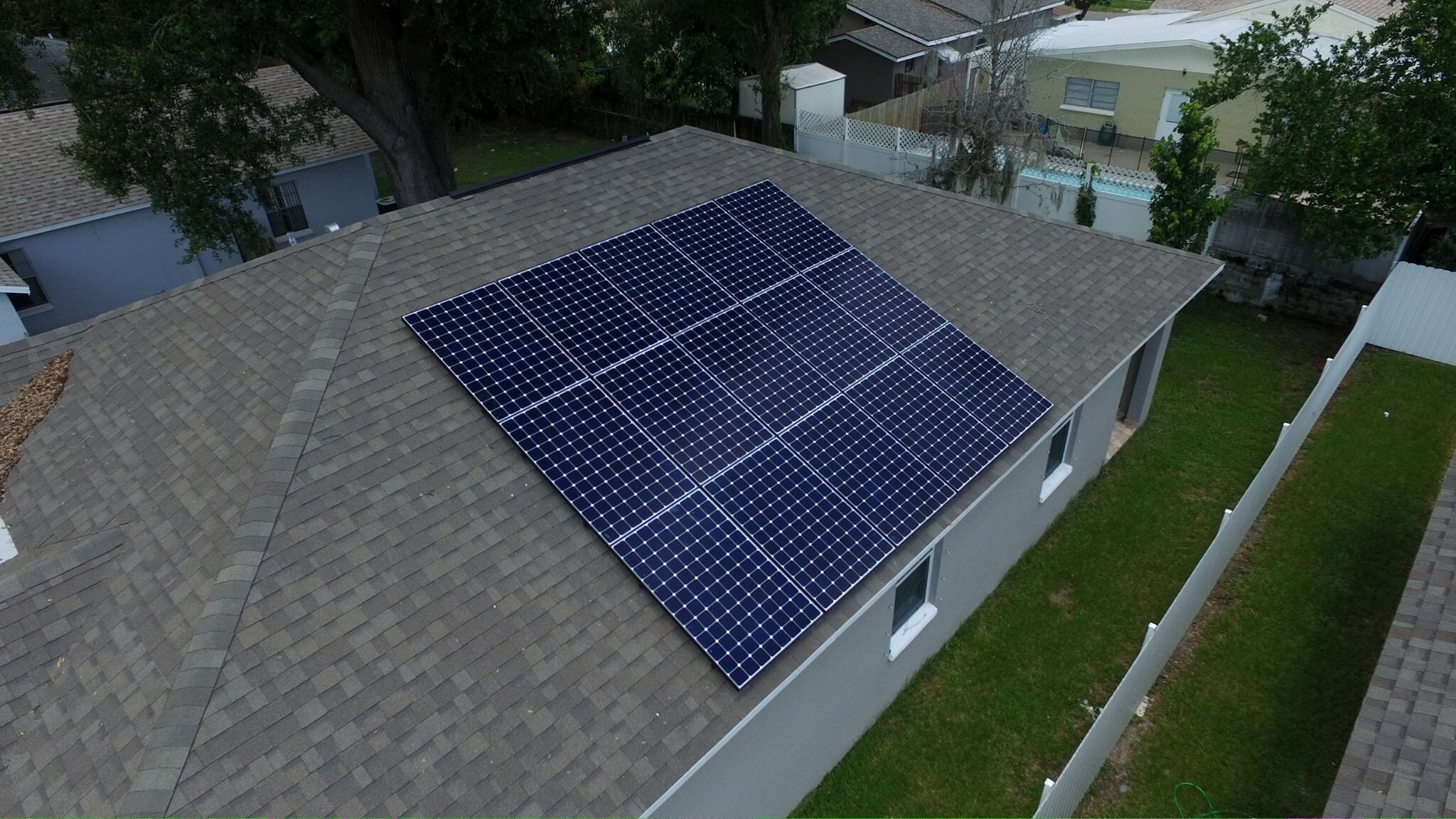
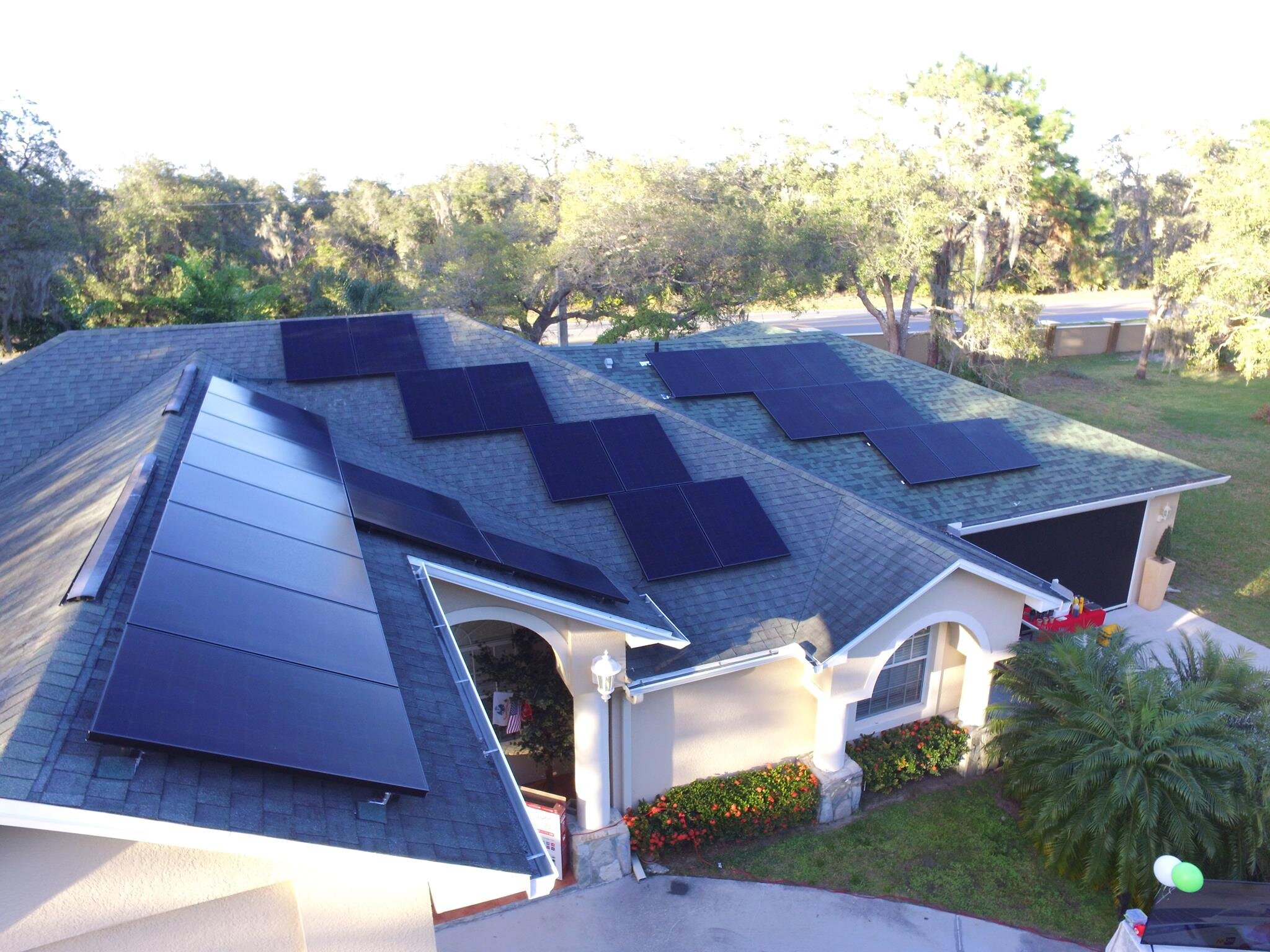
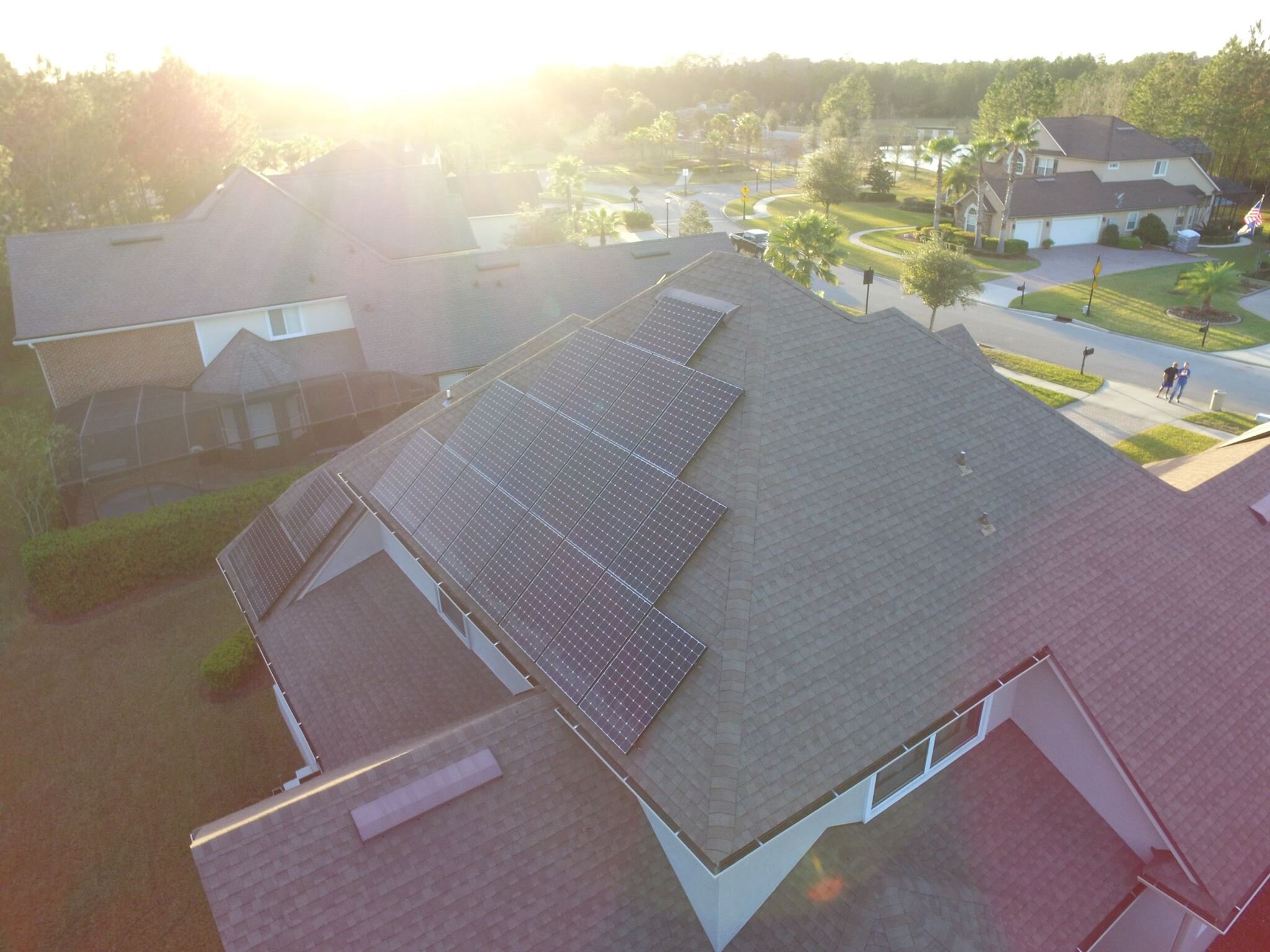
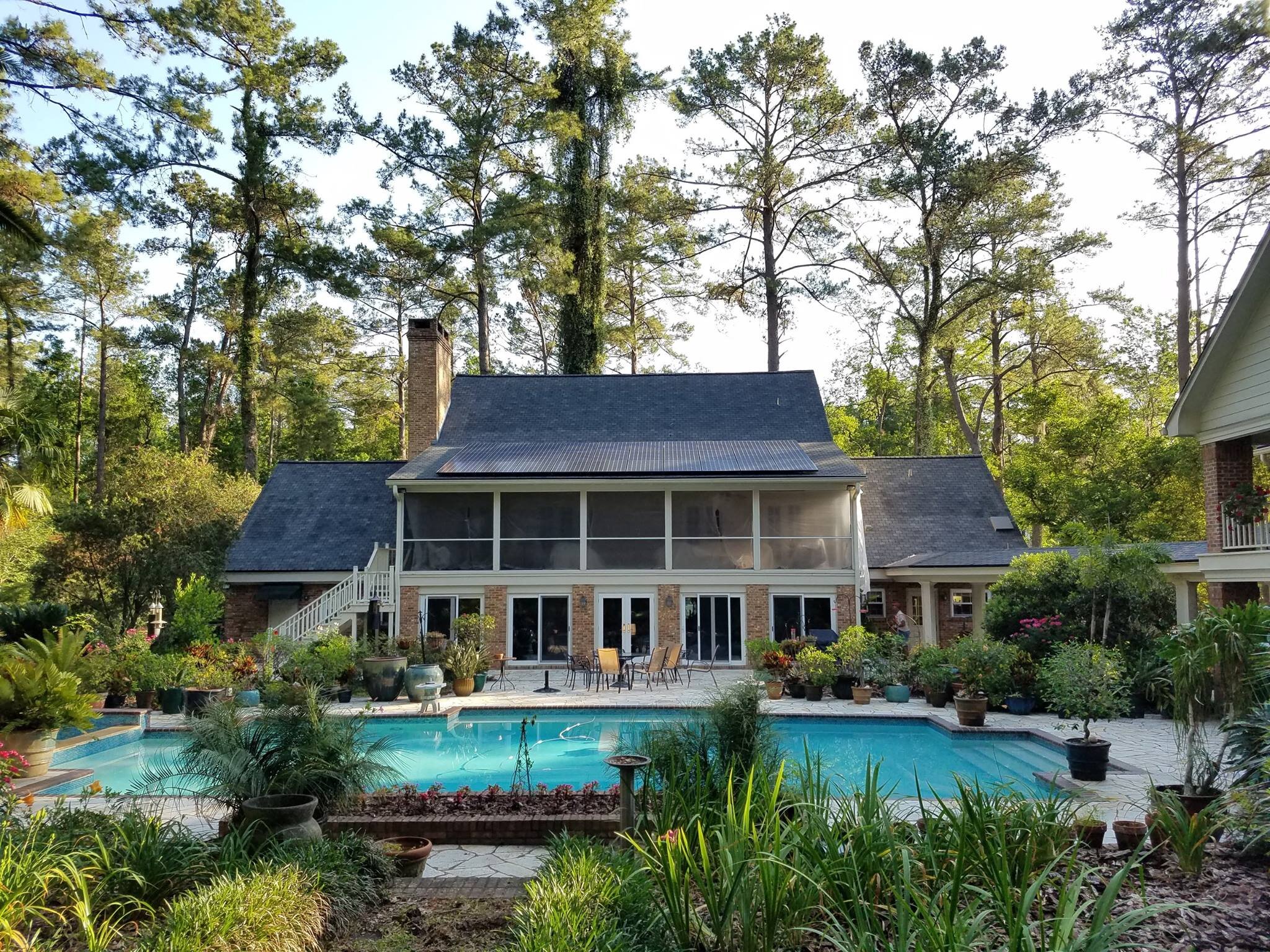
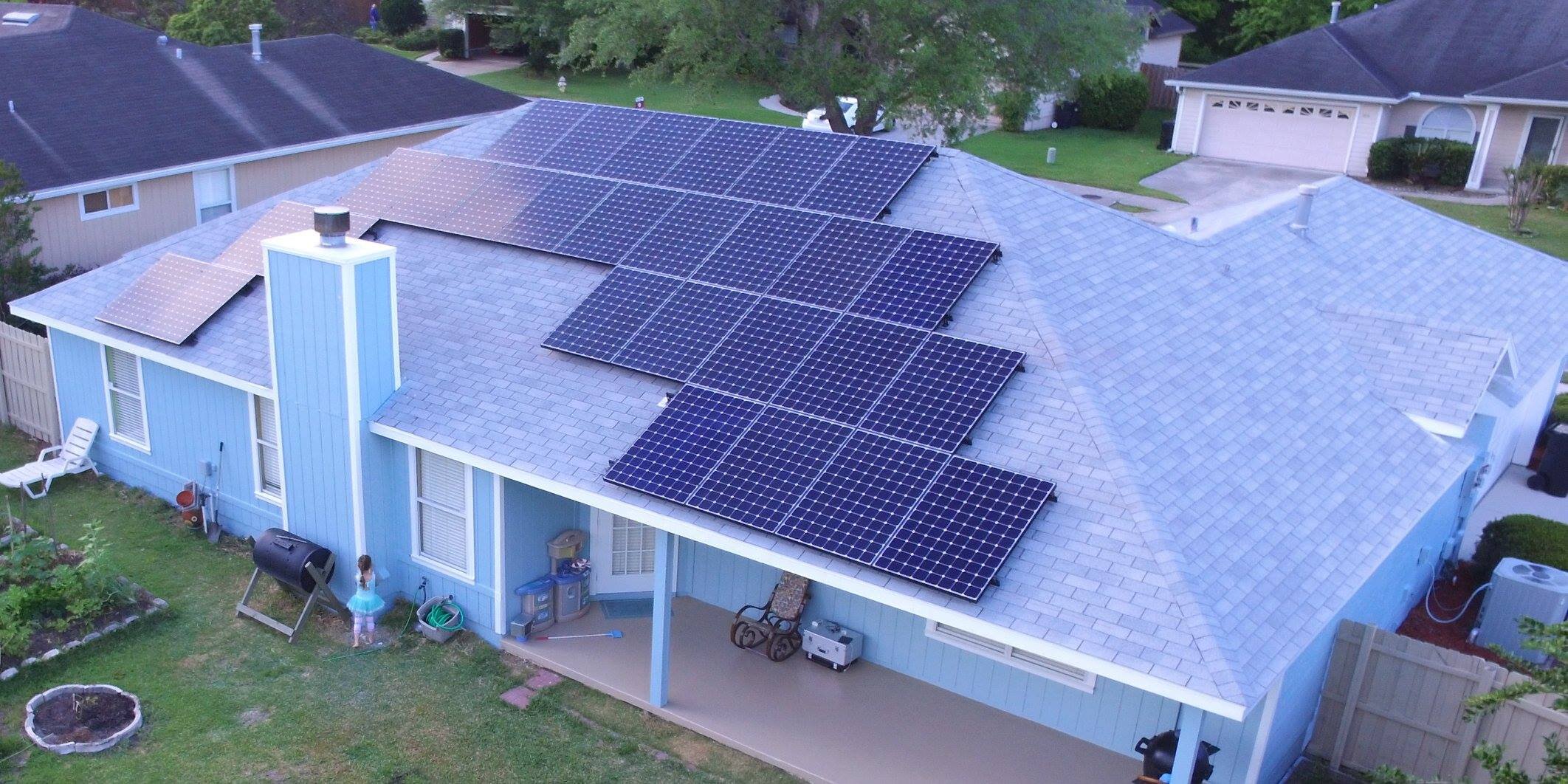
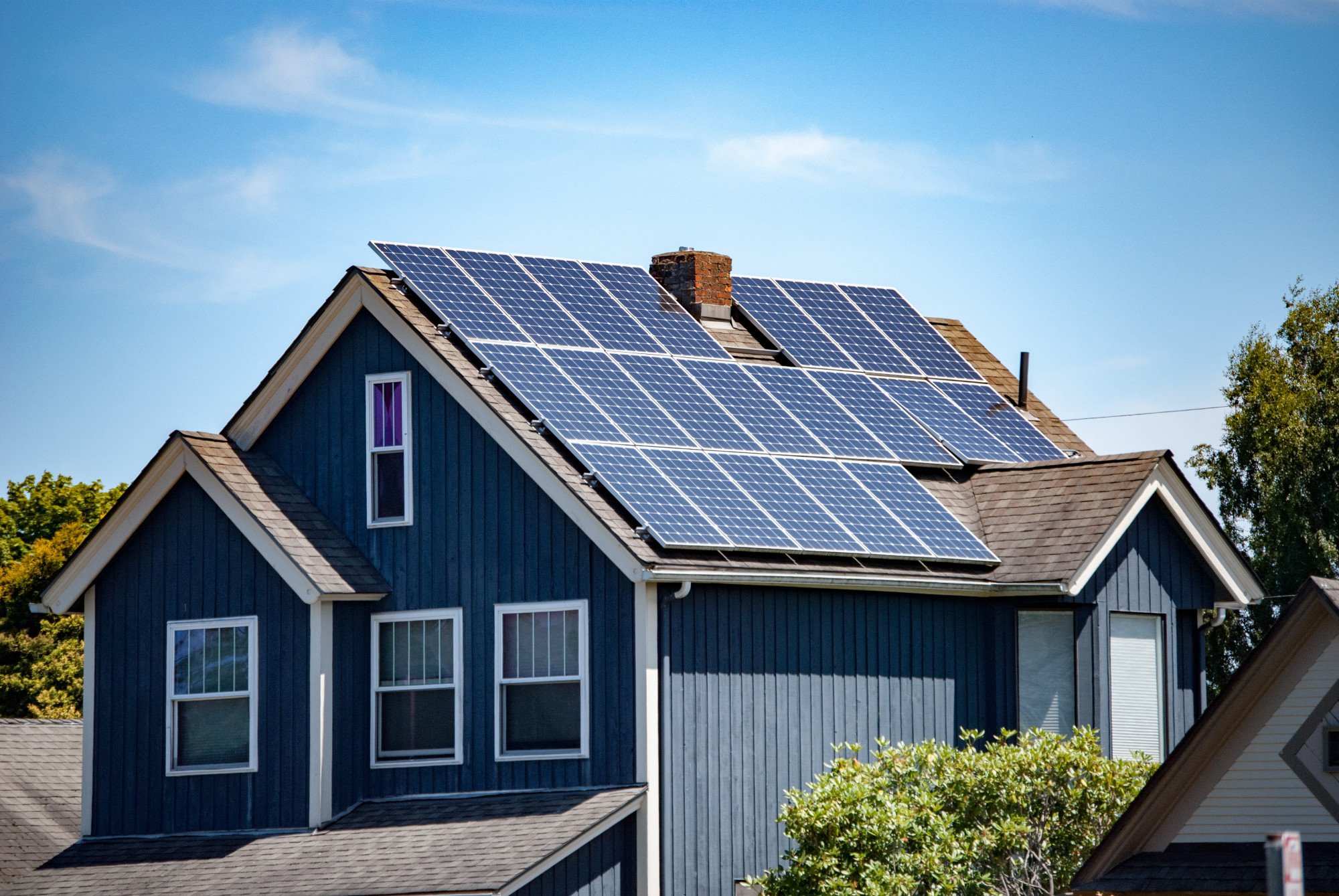
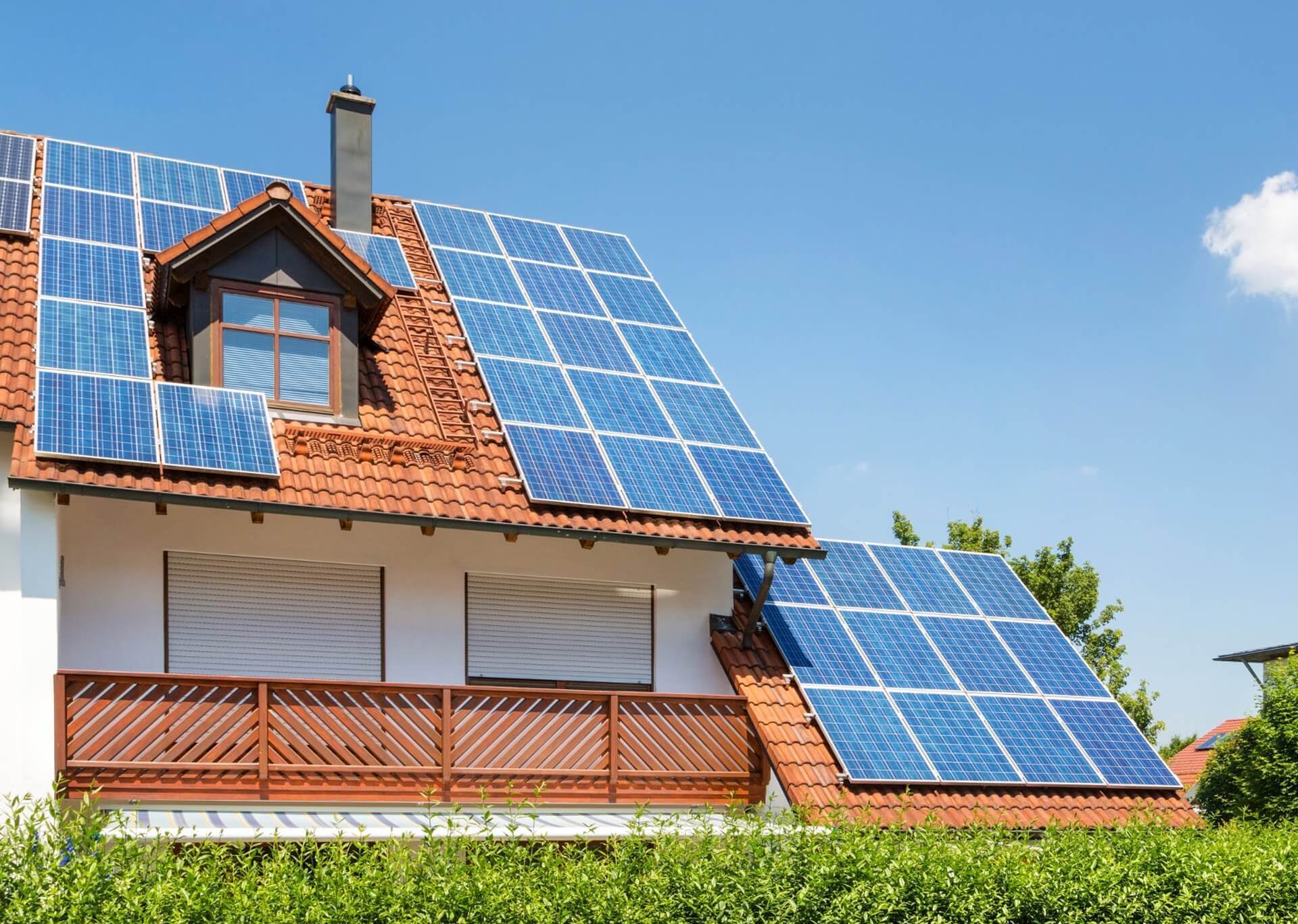
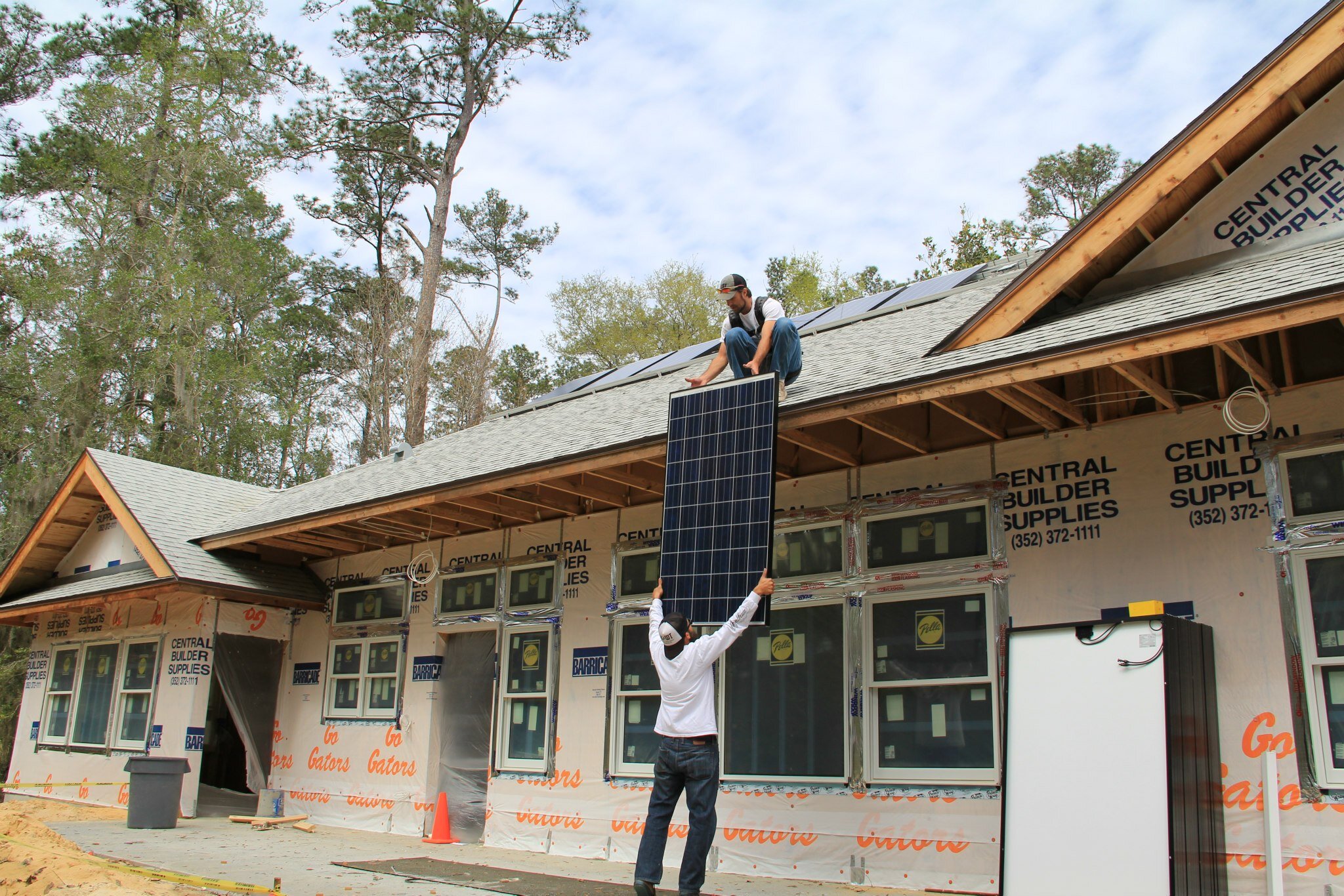
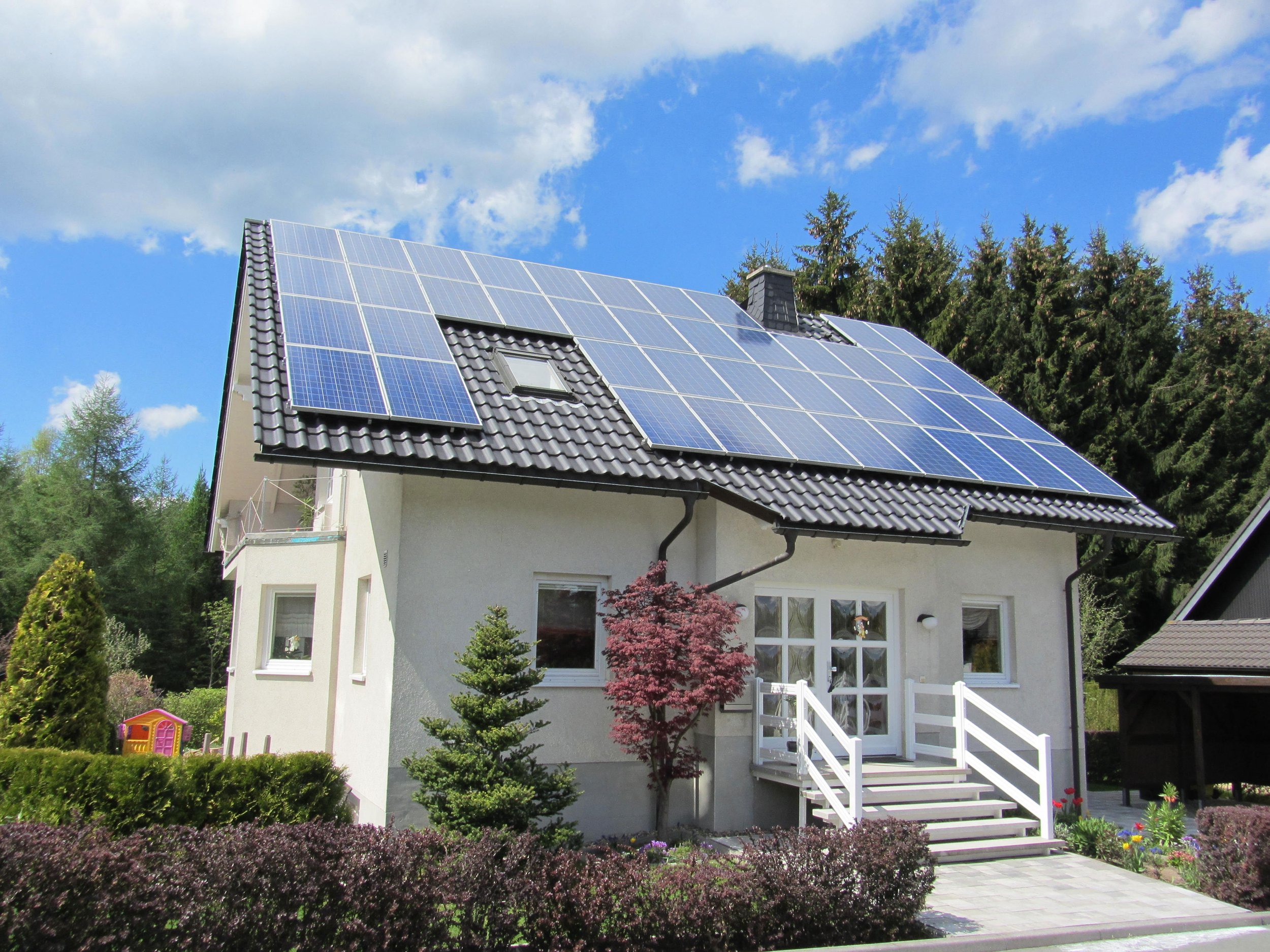
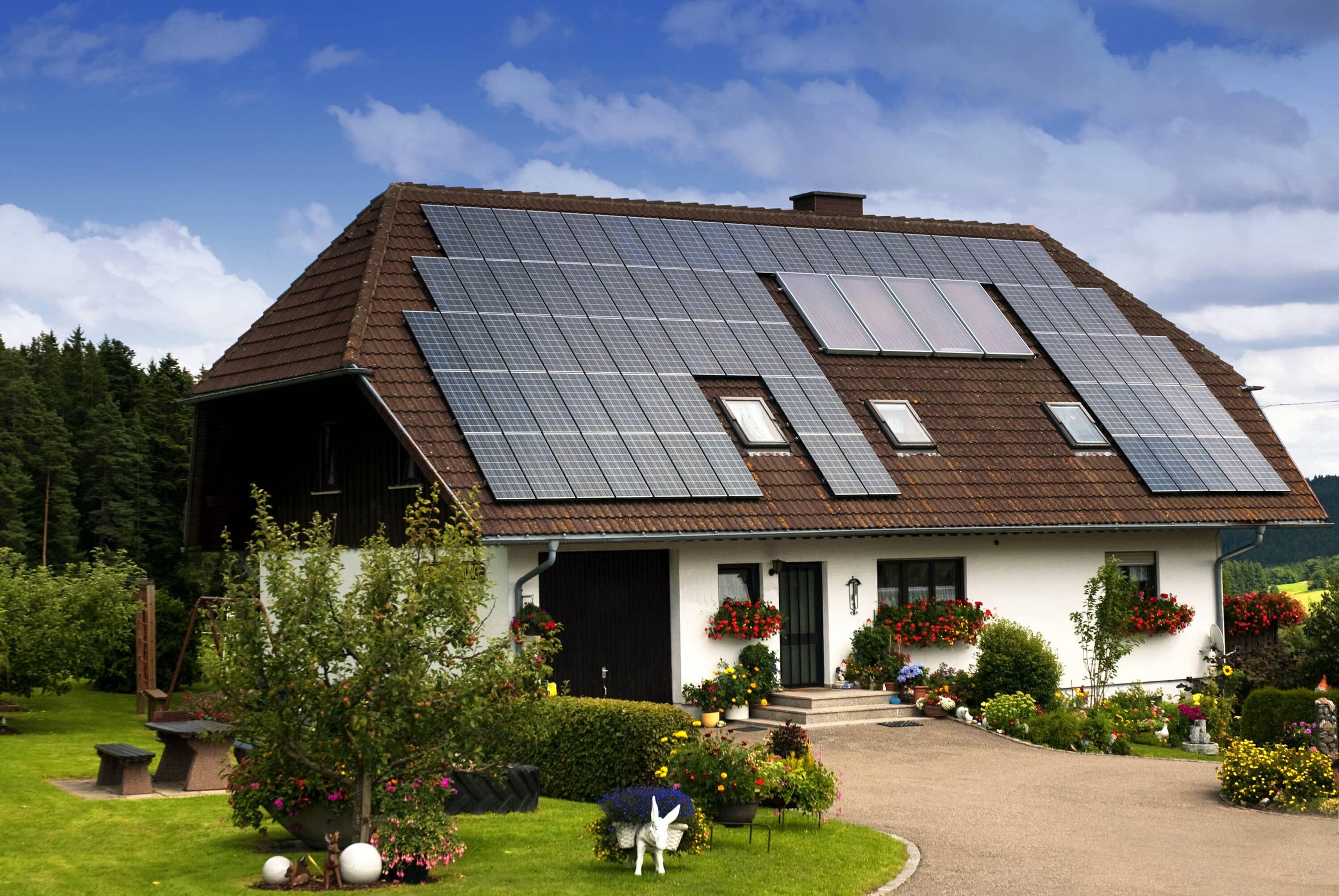
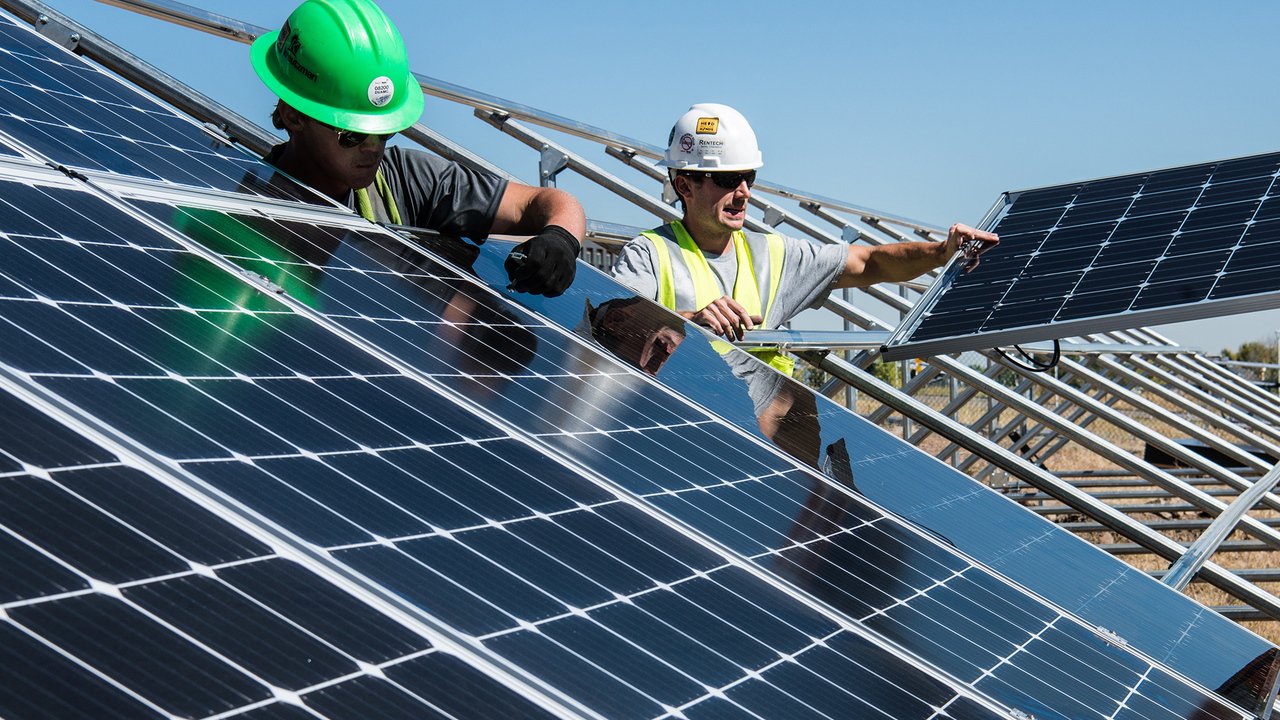
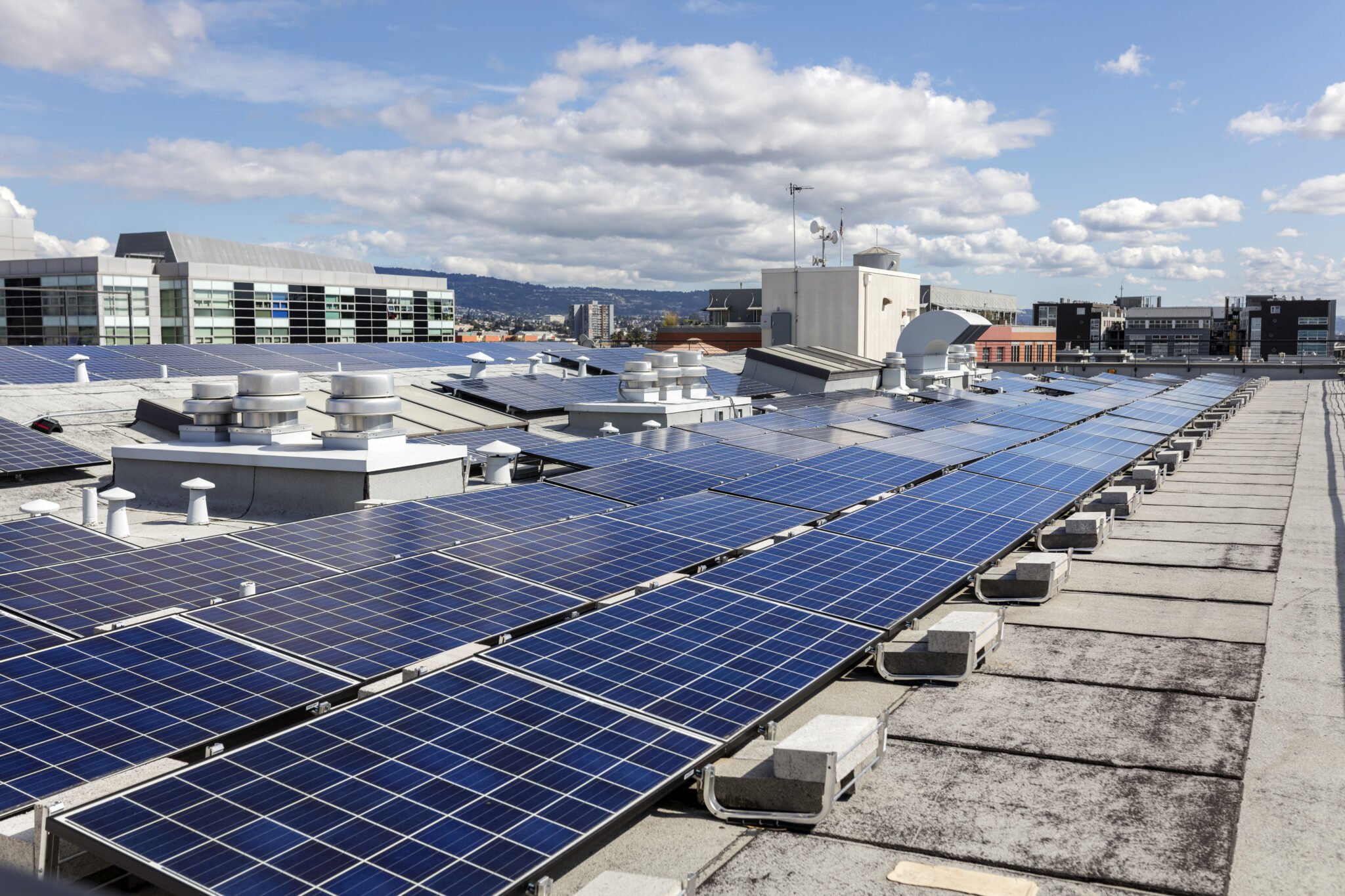
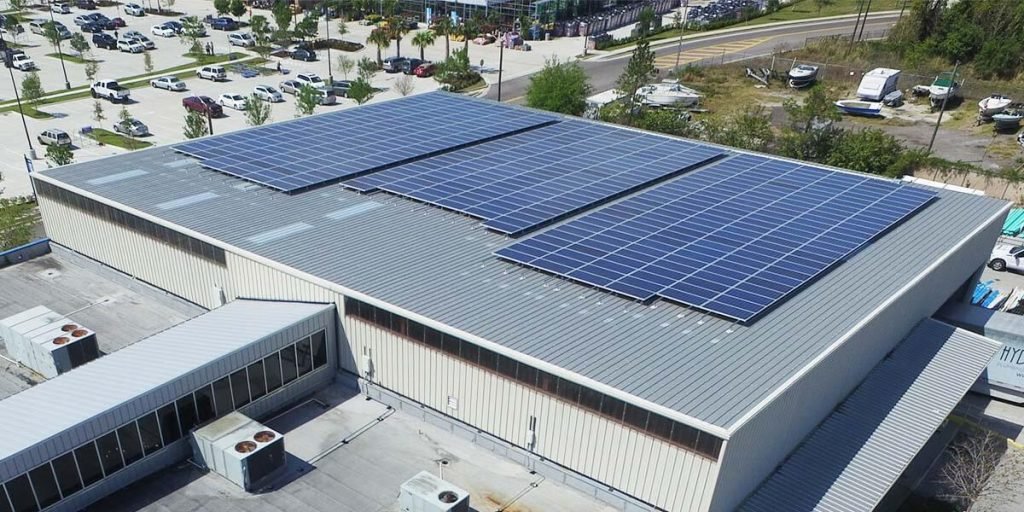
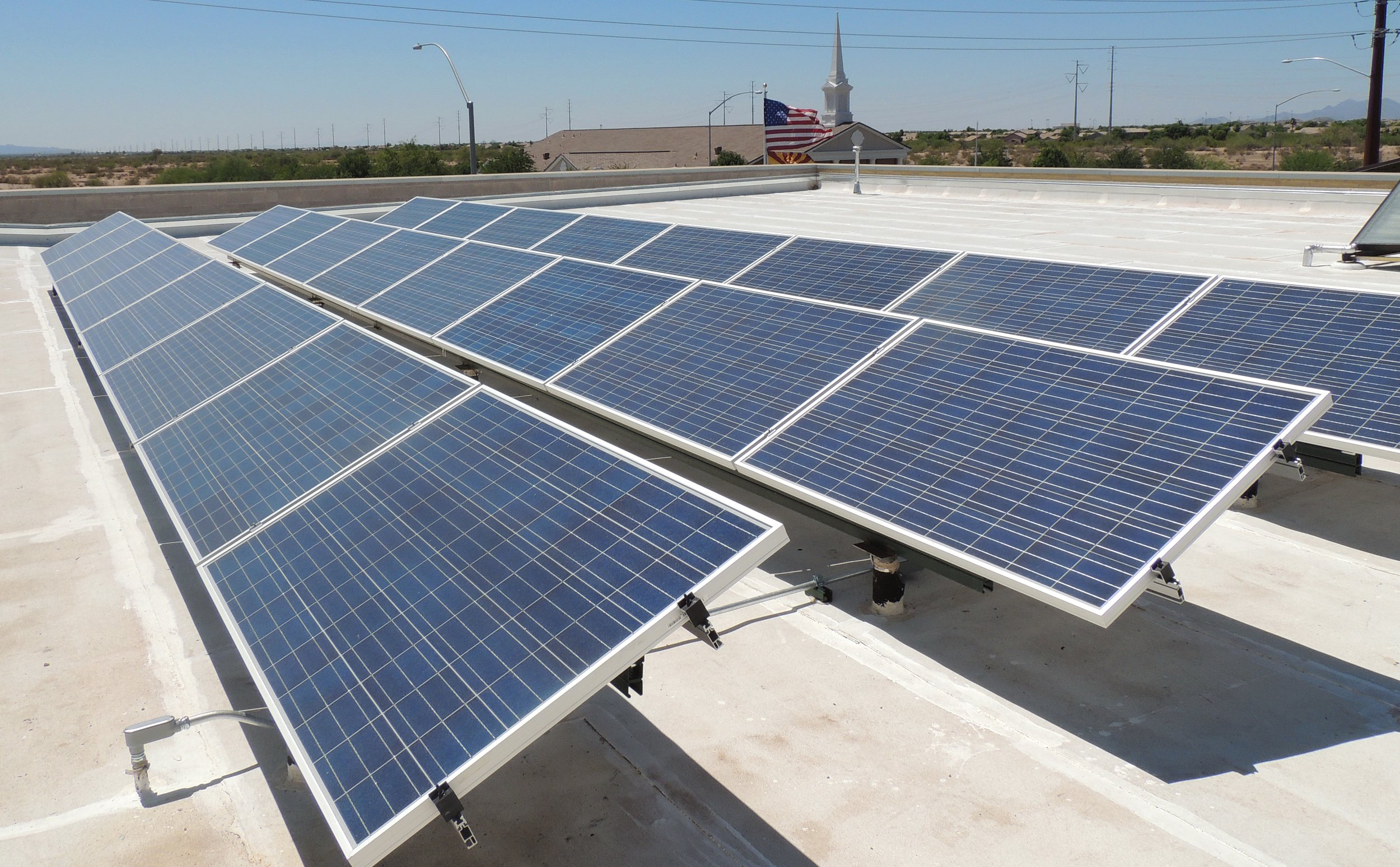
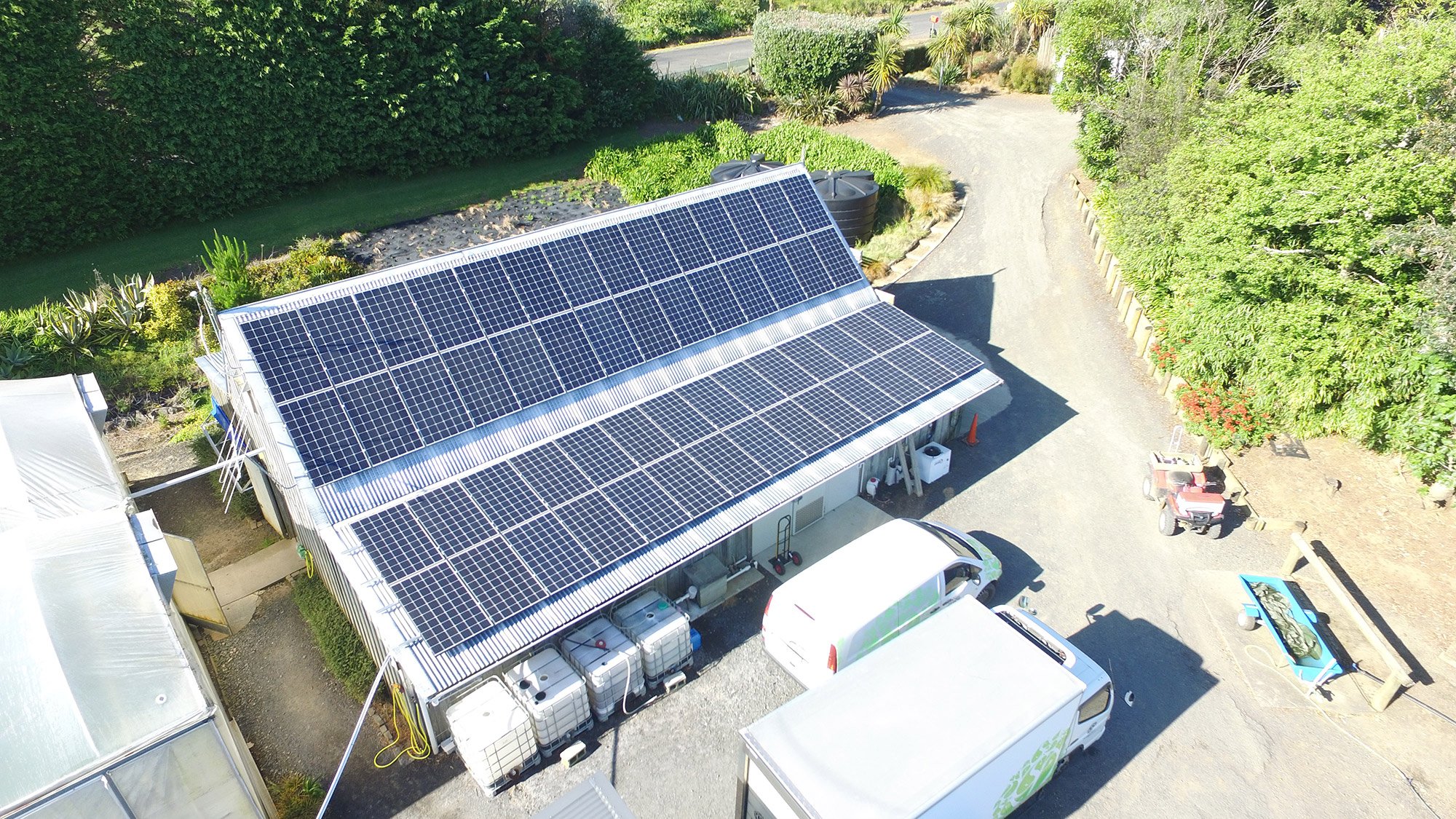
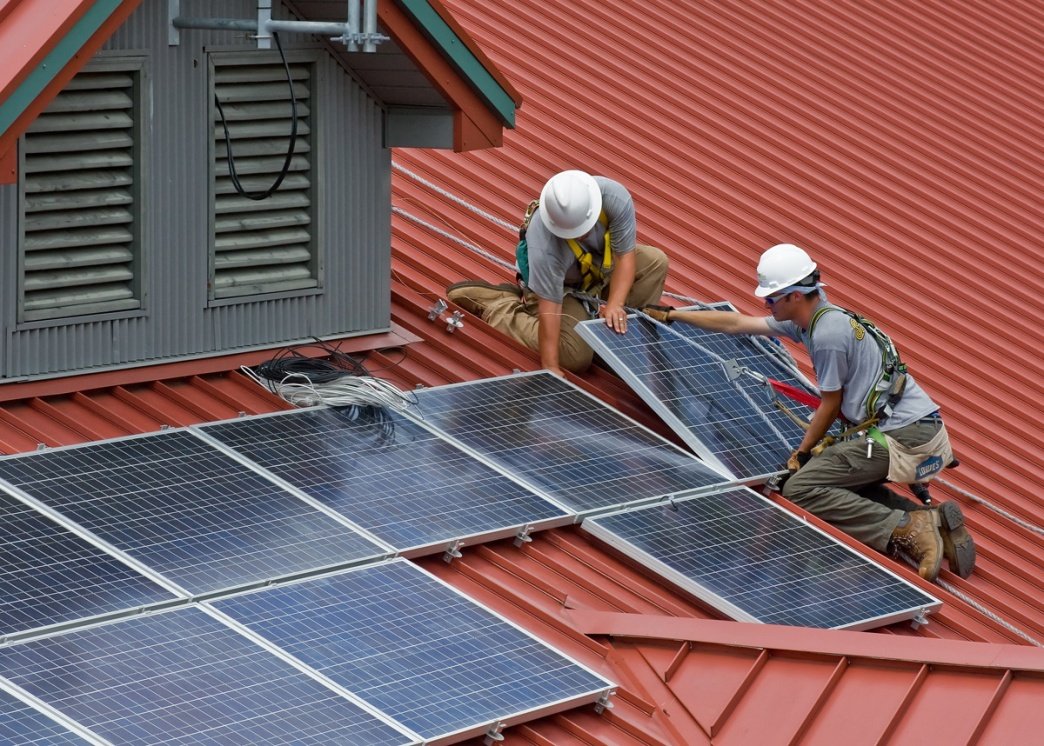
ONLY THE HIGHEST-QUALITY EQUIPMENT
At PPM, we offer only top tier solar modules, inverters, and mounting structures that have been time-tested while making the latest and greatest technology available. Find out more about specific components that we install by clicking the button below to see our Technical Library.


